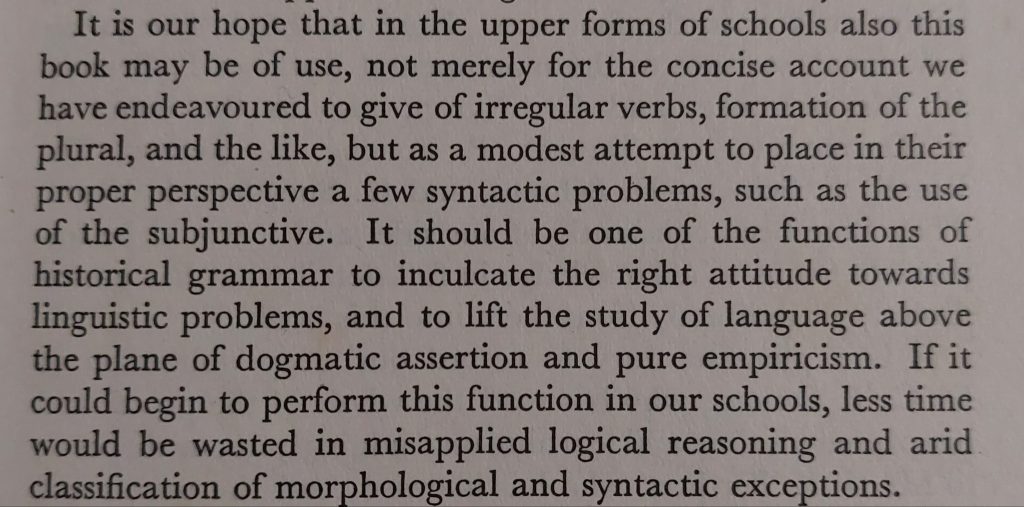it’s a pleasing and tidy thought but i don’t think it’s true.
like “protestant” is not a generic name for “offshoots of the Latin church”. “protestant” refers to a very specific ecclesiastical current grounded in issues from 500 years ago
some protestants like to point to offshoots *before* the 16th century and go “lol it us”. sometimes this became true because, like, although the Waldensians started in the 12th century, they hung around long enough so that they joined up with the Calvinists, so you can reasonably call them pre- protestants or something. And the Hussites of course
but like albigensians or the early slightly heterodox church fathers? not convincing to me.
similarly, I don’t find a claim that the trad caths are protestants to be convincing. in reformation theology terms, the currents they draw on are *counterreformational* ones, and they make sounds that it is the mainstream church that has moved in a protestant direction. i think this is pretty undeniably the case.
and the more enthusiastic of them take “counterreformation” into an outright pagan direction – throwing any caution about being seen to worship mary into the wind, forming little personality cults, or getting really excited about Tolkien, or seeing the antichrist shit that the 19th century popes threw about when they were losing temporal power and going “wow cool, i think the pope should be a SUPER TYRANT and not just over his little patch of italy but all over the world and Mars too!”
Some of the Tolkien tradcaths seem to me to be going in a different direction and remind me a little of those syncretist catholics you get in South America – like the Pachamama business, where the syncretism is very very obvious and the bishops Hang A Lampshade on the whole affair. I guess I’d call them “new age”.


